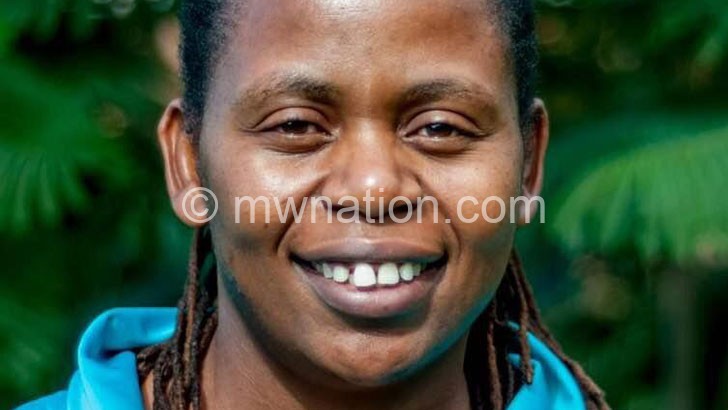Doctor laments late cancer diagnosis
Most cancer patients in the country are diagnosed while the disease is at an advanced stage, a situation that threatens the survival of patients, a medical doctor has observed.
In an interview last week, anatomical pathologist and epidemiologist Dr Tamiwe Tomoka, who works for the University of North Carolina(UNC) Project-Malawi at Kamuzu Central Hospital (KCH) in Lilongwe, said the late diagnosis for cancer speaks volumes about the magnitude of challenges facing cancer treatment in the country.
She said: “If we had access to care, widespread awareness, early diagnosis and screening, these women would be identified early when the cancer, which is treatable, has just started.”
Tomoka said if KCH was providing radiotherapy treatment, most women with advanced breast cancer would benefit and their survival would be increased.
She said cancer is mainly treated in three modes of surgery, chemotherapy or drugs and radiotherapy. She said some of the cancers may need all three modes and some one mode, depending on the type of cancer and how advanced it is.
Tomoka highlighted the situation at KCH where last year 73 out of 100 women were diagnosed with breast cancer at an advanced stage.

Her sentiments in the interview followed her post on Facebook where she appealed to President Lazarus Chakwera and his Tonse Alliance administration to develop robust cancer clinics by speeding up the construction and operationalisation of modern cancer clinics to save lives and serve hundreds of patients locally.
Tomoka made the appeal in the context of the President’s pledge to help musician Patience Namadingo raise K3 million to enable cancer patient William Kachigamba, an artist, to travel to Zambia for medical treatment.
She wrote: “Mr President, this cancer centre [at KCH in Lilongwe] falls short of being a comprehensive cancer centre at so many levels. The centre is heavily understaffed, being served by two oncologists and a handful of nurses and support staff.
“The centre provides limited chemotherapy only as a mode of cancer treatment. There are no radiotherapy services yet majority of our cancers are advanced and a good number of our patients would greatly benefit from radiotherapy.”
Tomoka also said the cancer centre lacked radiology, laboratory and pharmacy departments making it heavily dependent on already stretched KCH facilities.
Data from Ministry of Health show that 58 patients were referred to India in 2019/20 financial year with 12 having various forms of cancer representing 21 percent.
The data also show that there are 336 patients on waiting list to be referred to India for treatment. From the list, 86 have different cancers, representing 26 percent.
But government insists that the future is bright for cancer care in the country despite the bottlenecks with Ministry of Health Principal Secretary Dr Charles Mwansambo stressing that efforts were being made to bridge the gaps and meet the shortages.
He said a consultant to redesign bunkers to house the radiotherapy equipment at the national cancer centre were identified and were awaiting instructions from procurement authorities.
On diagnosis, Mwansambo said a new structure, Lilongwe Institute of Orthopaedics and Neurosciences—also known also Lions next to the cancer centre, boasts a full diagnostic centre (scans, radiology) and was donated by a Norwegian well-wisher.
He said: “External referral is expensive and not suitable. It only serves a few people. Local management is the long-term solution.”
In a separate interview, Cancer Survivors’ Quest director Chikhulupiliro Ng’ombe lamented the continued use of old regimen to treat cancer, saying it was high time the country moved to new drugs.
He said: “Why are we still using drugs that internationally they are not supposed to be used. This is why our rate of survival is very low.”





